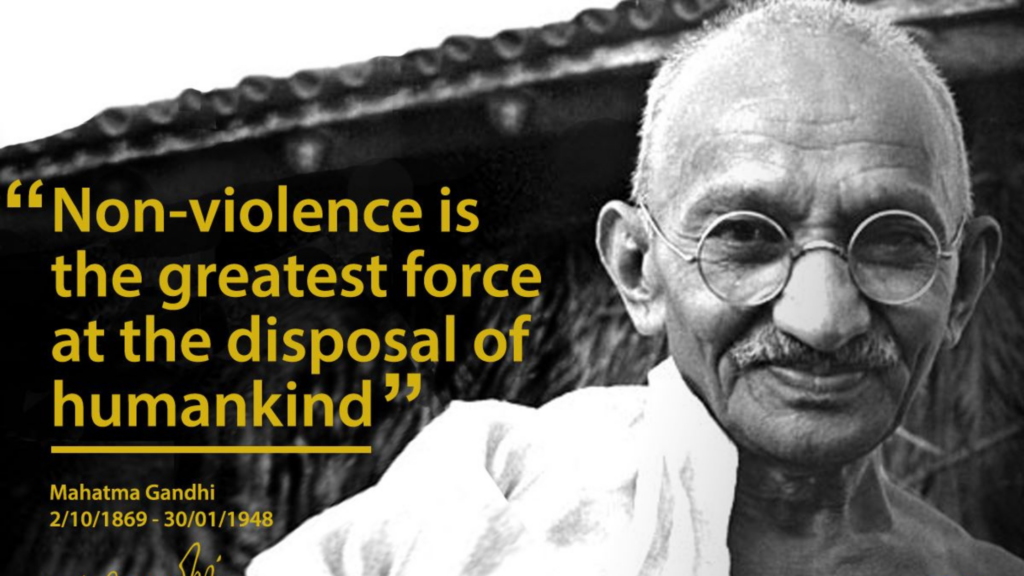There’s a great quote by psychologist Marshall Rosenberg, who founded the Center for Nonviolent Communication (NVC), that says “violence is a tragic expression of unmet needs.” This is what came to mind when I first thought about International Day of Non-Violence, which was yesterday on October 2. The basis for giving and receiving empathy within the NVC framework is understanding what’s beneath the surface of unmet needs that are causing emotional reactions.
For example, a person who causes violence in the streets could have an unmet need for food, shelter or feeling significant in a gang or group of people. In one of my weekly sessions with friend and NVC mentor David Grillot (who has been a guest on my podcast), I was stunned to learn just how off base my communication can be on occasion. The larger point I’m making is that once we feel the rush of our emotions, and our needs have been heard (which requires active listening), there’s a sense of relief.
It’s much healthier to connect with your underlying need instead of getting stuck in some painful loop dwelling in the emotional throes of the unmet need. You can acknowledge and mourn it, then move on. And each time you learn how to do that, you find a bit more freedom, empathy and maybe even self-empathy along the road to healing. One of the key ingredients of NVC is to examine unmet needs tied to feeling angry, distressed or anxious. You also can guess an unmet need in others in an empathetic way, which helps you discover the humanity in other people. It’s a very powerful practice that I recommend to everyone as we all ponder the importance of living in a world of nonviolence.
Related Articles:
What it was like to have a bird’s-eye view of a cultural trainwreck
How Ayahuasca Helped Fuel an MVP Season for Aaron Rodgers
